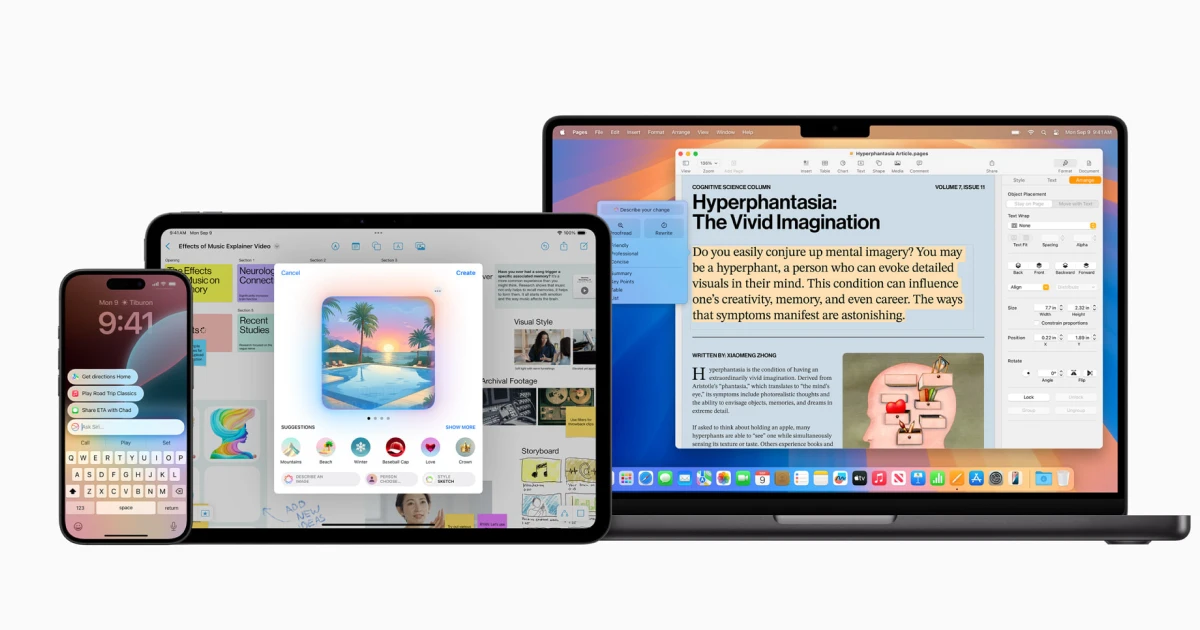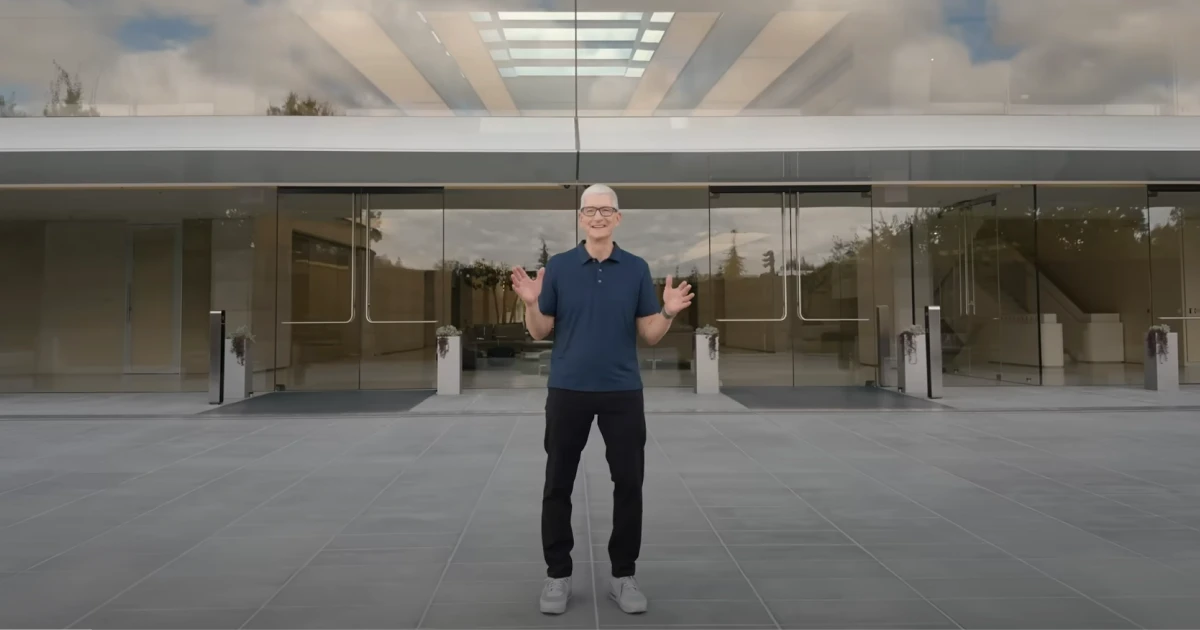transplants were still a relatively new concept 50 years ago? But things have changed!
The medical field has undergone an impressive transformation, and it’s all thanks to the integration of artificial intelligence in healthcare. And in 2024, it’s only going to continue!
How has AI impacted the health industry? Well, from electronic health records to telemedicine, designing algorithms to detect cancer early, and even a robot that can easily operate using motor-dexterity algorithms. With so many healthcare software and applications, we can’t deny the impressive advancements that have been made – and it’s all to our advantage.
So, what are the healthcare trends that we will see in 2024?
1. Healthcare Analytics
One of the biggest challenges in healthcare is not knowing what will happen in the future – with a specific patient or in the world. But things are changing! In 2024, the medical industry will introduce AI-powered predictive analytics technologies that will analyze an extensive dataset of demographics, personal medical records, and even environmental factors. This way, medical specialists can predict possible disease outbreaks or potential health risks – all before they occur.
This advancement will lead to proactive healthcare, enabling us to identify whether we are at risk for diseases before symptoms occur. This will also help detect individuals who may be predisposed to certain diseases like cancer. For example, Freenome combines machine learning, computational biology, and multiple data types to analyze genetic data and blood draws to detect cancer even in easy stages.
2. Improved Medical Imaging
In 2024, AI-based healthcare software will impact the analysis of medical imaging. Medical specialists can now interpret X-rays, CT scans, MRIs, and various other types of medical images faster and more accurately. This AI healthcare trend will allow us to detect diseases and diagnose them in the early stages.
Enlitic is a platform that uses artificial intelligence algorithms to examine medical images automatically and suggest potential diagnoses based on the analysis. With this powerful platform, radiologists can identify abnormalities and diagnose early diseases with high accuracy.
3. AR and VR for Healthcare
Augmented Reality and Virtual Reality technologies can be valuable tools in improving medical professionals’ ability to treat and care for patients. In fact, these technologies are becoming more accessible and affordable for medical education, dentistry, medical imaging, and even nurses’ training.
AR and VR technologies create simulations that mimic real-life environments for healthcare professionals to practice surgical procedures, conduct patient consultations, and visualize complex anatomical structures. All in an immersive virtual environment!
4. AI-powered Robots in Surgery
One of the most significant healthcare trends is robotic-assisted surgery. Can you believe that we are now at the point of allowing robots to operate on us? Such systems have enhanced surgical precision and dexterity more than any human being while providing better access to minimally invasive methods.
Right now, robotic-assisted surgery systems have been introduced in fields like hepatic surgery, liver resections, 3D rendering, and preoperative imaging. However, the sector that is likely to be completely transformed in 2024 is intraoperative reconstruction, which can improve precision and minimally invasive procedures.
5. Telemedicine
After the COVID-19 pandemic hit, medical professionals have implemented a new way to connect with their patients: telemedicine. Telemedicine refers to interacting with doctors or medical specialists through digital devices, even if we cannot visit the clinic personally.
But don’t worry! Telemedicine is more than just talking on the phone or video calls in 2024. Using artificial intelligence, medical specialists can monitor, evaluate, and even diagnose us remotely. Even more so, professionals can also manage our health progress in real life. This is an incredible tool for those with chronic health conditions, such as heart disease or diabetes.
There’s a long way to go to reach the full potential that artificial intelligence has in the medical industry. But from AI diagnosis, robots in surgery, and even immersive medical experiences, it’s clear that the healthcare trends in 2024 bring us one step closer to that reality!

















